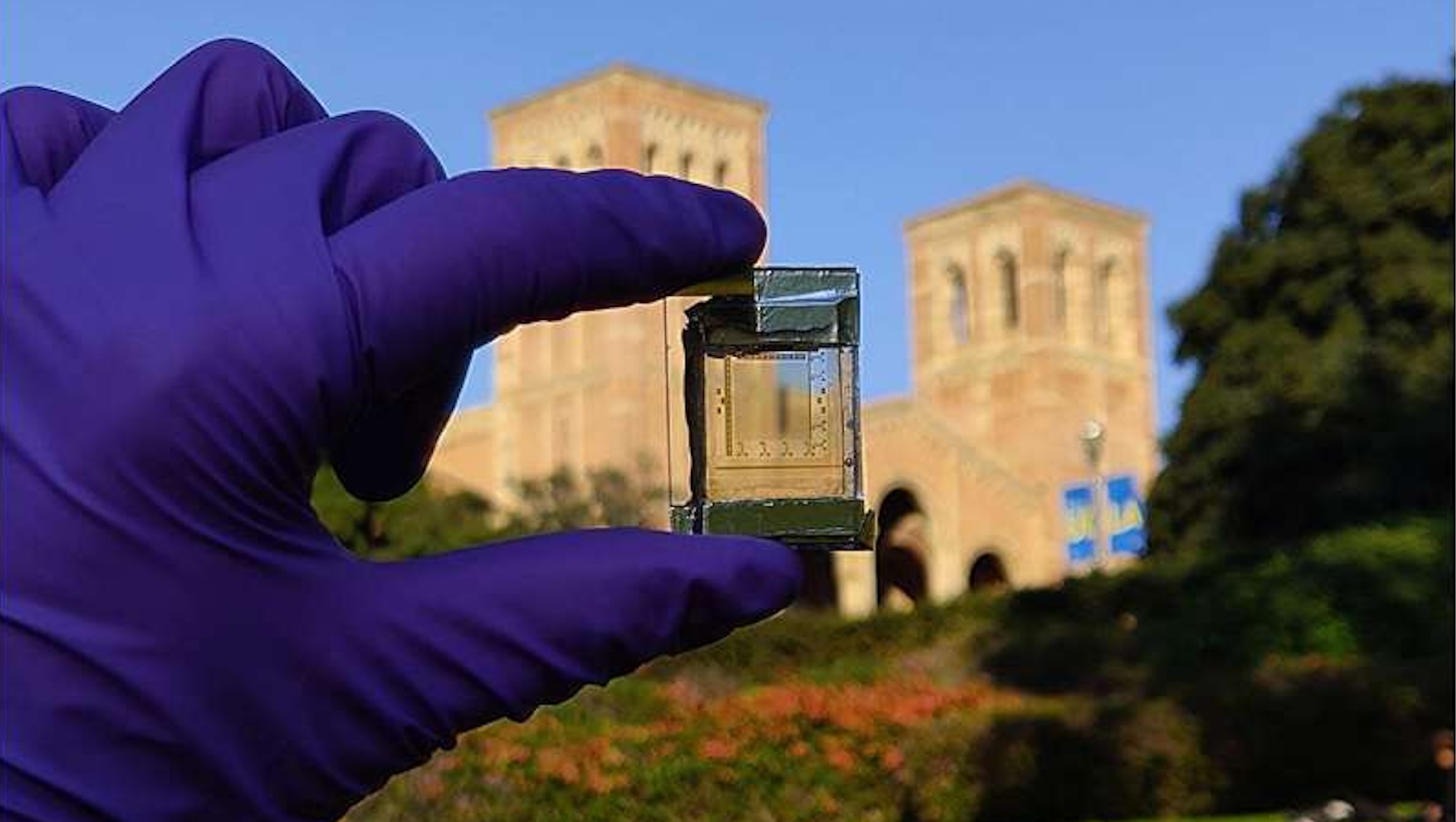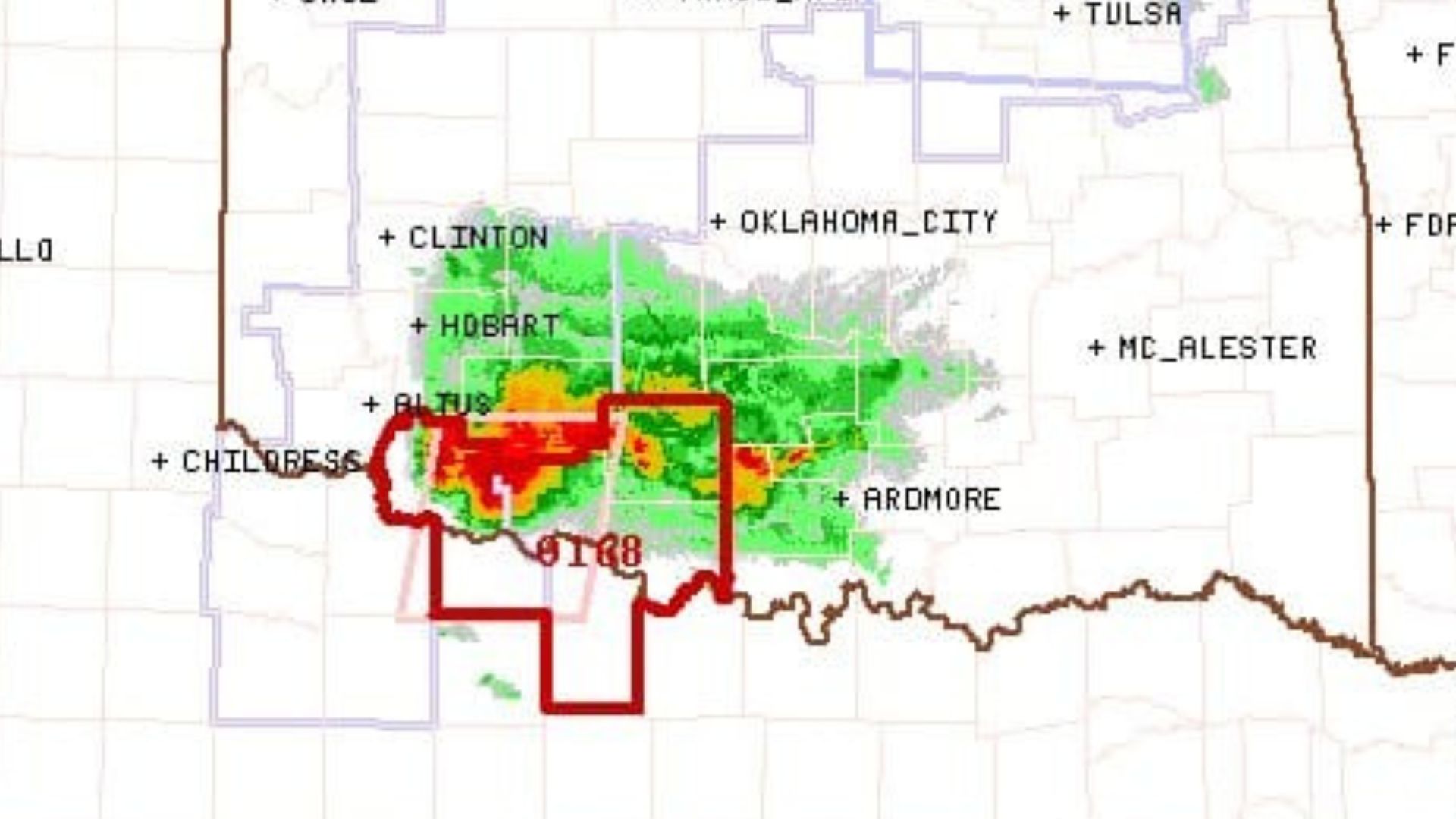Infrastructures, Vol. 9, Pages 49: Numerical Analysis of a High-Velocity Projectile’s Impact on Shallow Steel Tunnels in Soft Sandstone
Infrastructures doi: 10.3390/infrastructures9030049
Authors: Rupali Sarmah Troyee Tanu Dutta K. Seshagiri Rao
Tunnels are underground infrastructures intended for diverse community applications as well as military applications. During impact loading due to high-velocity projectiles such as ballistic missiles, materials experience a high strain rate. Moreover, there is a superficial augmentation of the dynamic strength when geomaterials such as rock are subjected to a high strain rate. Despite this strength enhancement, tunnels can get damaged by the impact load of a projectile hitting at a high velocity if they are present at a shallow depth. The present study is an effort to comprehend the response of a shallow tunnel in soft sandstone due to the impact load by a ballistic projectile using the FEM-based software ABAQUS/CAE 6.11. The Drucker–Prager damage model and the Johnson–Cook damage model were used to define the properties of the rock mass and steel tunnel lining, respectively. The crown of the 3 m diameter tunnel was kept at different depths from 1 m to 5 m from the surface. A striking velocity of 1000 m/s at a normal position to the target was given to the projectile. The projectile caused noticeable damage to the tunnel lining up to 3 m crown depth. Increasing the crown depth had a positive effect on the maximum depth of the projectile penetration up to 4 m tunnel crown depth, after which the effect reversed, making the tunnel safer. The maximum von Mises stress on the tunnel lining reduced in a logarithmic trend with an increase in the crown depth, gradually lowering to an impact load lesser than the yield stress of the tunnel lining material after a crown depth of 4.5 m.

 1 month ago
22
1 month ago
22


